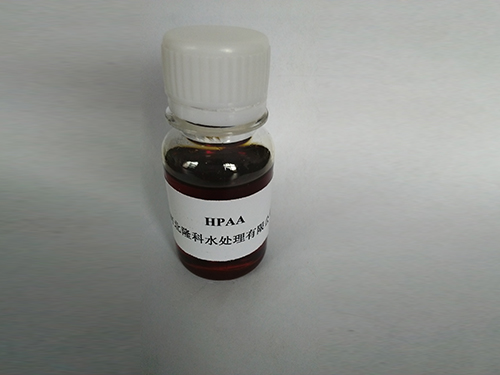Exploring the Impact of Scale Prevention and Corrosion Inhibitor Chemicals on Industrial Systems
Scale and Corrosion Inhibitor Chemicals A Comprehensive Overview
In various industrial applications, particularly in water treatment, oil and gas, and power generation, the management of scale and corrosion is crucial for operational efficiency and equipment longevity. Scale refers to the buildup of hard, mineral deposits on surfaces in contact with water, typically consisting of compounds like calcium carbonate, calcium sulfate, and magnesium silicate. Corrosion, on the other hand, is the degradation of materials, usually metals, due to chemical reactions with the environment, often exacerbated by the presence of water and corrosive agents. The use of scale and corrosion inhibitor chemicals is essential to mitigate these issues and ensure smooth operational flow.
Understanding Scale Formation
Scale formation is a common problem in systems that involve heating or cooling water, as thermal processes often concentrate minerals. For example, in boilers and cooling towers, high temperatures and evaporation can lead to supersaturation and, consequently, scaling. This scale buildup can reduce heat transfer efficiency, leading to increased energy consumption and potential equipment failure. The cost implications are significant, as maintenance and cleaning operations often require substantial downtime and resources.
The Role of Corrosion Inhibitors
Corrosion inhibitors are chemicals that, when added to a corrosive environment, significantly reduce the rate of metal degradation. These inhibitors can work through various mechanisms, such as forming a protective film on metal surfaces or neutralizing corrosive agents within the water. The selection of an appropriate inhibitor depends on several factors, including the type of metal in use, the operating conditions, and the specific corroding agents present in the environment.
Types of Scale and Corrosion Inhibitors
There are various types of scale and corrosion inhibitors, each designed for specific applications
scale and corrosion inhibitor chemicals

2. Polymeric Scale Inhibitors These synthetic polymers work by altering the crystal structure of scale-forming minerals, preventing them from adhering to surfaces. They are particularly effective in cooling water systems.
3. Organic Corrosion Inhibitors Commonly derived from plant extracts or synthetic processes, these inhibitors impart a protective layer on metals, reducing their reactivity with corrosive agents. They are widely used in oil and gas pipelines due to their efficacy in harsh conditions.
4. Volatile Corrosion Inhibitors (VCIs) These chemicals release vapors that condense on metal surfaces, forming a protective layer. VCIs are often used in closed systems where access is limited, like storage tanks.
The Importance of Proper Application
The effectiveness of scale and corrosion inhibitors heavily relies on their proper application and monitoring. Factors like dosage, water chemistry, temperature, and flow rates must be considered to optimize performance. Regular testing and monitoring are essential to ensure that the chemical dosages remain within effective limits and to adjust treatment strategies as necessary.
Conclusion
The management of scale and corrosion through the use of inhibitors is not merely a preventive measure but a critical aspect of industrial efficiency and sustainability. By minimizing downtime and maintenance costs, these chemicals contribute to the overall stability of operations. As industries continue to evolve and face new challenges, innovative solutions in scale and corrosion control will play an increasingly significant role in ensuring that systems function reliably and efficiently. The continuous development of advanced chemical formulations tailored to specific environments is essential for meeting the demands of diverse industrial applications.
-
The Power of Isothiazolinones in Modern ApplicationsNewsMay.08,2025
-
Flocculants in Water TreatmentNewsMay.08,2025
-
Flocculants and Chemical Solutions: What You Need to KnowNewsMay.08,2025
-
Flocculants and Chemical Solutions: A Growing IndustryNewsMay.08,2025
-
Essential Chemicals: Polymaleic Anhydride and MoreNewsMay.08,2025
-
Acrylic Polymers: Essential Solutions for IndustryNewsMay.08,2025





